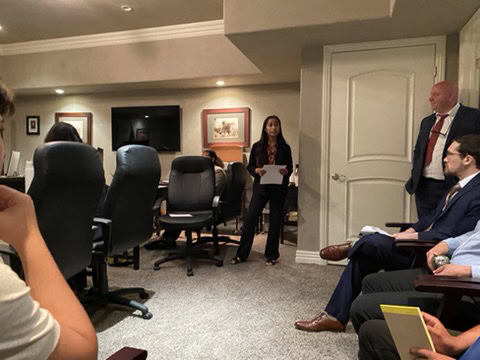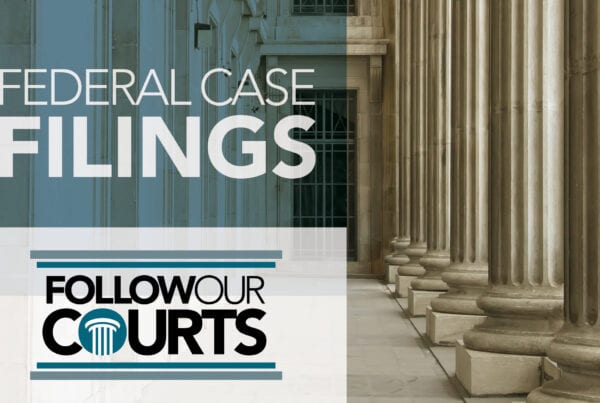Private Attorney General Act cases, brought by workers against their employers, cannot be struck due to the difficulty of managing the case, the California Supreme Court ruled Jan. 18.
“(S)triking a PAGA claim on manageability grounds alone, as the trial court did in this case, is inconsistent with a plaintiff’s statutory right to bring such a claim and is beyond a trial court’s inherent authority,” the ruling says.
Private Attorneys General Act (PAGA), passed in 2003, gives employees the right to bring cases alleging missed pay and other Labor Code violations against their employers. It shifted the burden to bring those cases from a state office to employees.
Seventy-five percent of the civil penalties recovered from PAGA claims are given to the state labor law enforcement agency, and 25% to employees. Successful PAGA suits give payouts to all employees who worked for the employer at the time of the alleged payouts, without a need to determine individual claims.
The decision affirmed a Fourth Appellate District ruling that overturned an Orange Superior Court ruling to throw out Jorge Estrada’s case against his employer, Royalty Carpet Mills.
It resolves a split in opinion between the appellate courts, landing on the same side of the Fourth Appellate District, Division Two.
The division had heard a case brought by Nicole Woodworth, a nurse at the Loma Linda University Medical Center.
On July 24, 2023, the court released their opinion. “We agree with the court in (a different ruling) and hold that trial courts may not strike or dismiss a PAGA claim for lack of manageability. When faced with unwieldy PAGA claims, trial courts may limit the scope of the claims or the evidence to be presented at trial but may not prohibit PAGA plaintiffs from presenting their claims entirely,” says the opinion, written by Justice Frank Menetrez.
The Second Appellate District, Division Four, had ruled that courts possess an inherent authority to dismiss cases if it would be too difficult to manage a PAGA claim in a Sept. 9, 2021 opinion regarding a case against Staples.
“As discussed, the evidence before the trial court supported its determination that Staples’ affirmative defense could not be fairly litigated through common proof, and no evidence before the court suggested it could,” their opinion says.
California Supreme Justice Patricia Guerrero wrote their unanimous opinion.
The plaintiffs were represented by Rudy Ginez Jr. of Ginez, Steinmetz & Associates and Clifton Smith of the CE Smith Law Firm.
Royalty Carpet Mills was represented by Joseph Chairez, Daniel Lula, Vartan Madoyan, Joseph Persoff, David Rivkin Jr., and Andrew Grossman of Baker & Hostetler.
Orange Superior Court Case No. 30-2013-00692890
Appellate Case Nos. G058397 and G058969
Supreme Court Case No. S274340
Read the ruling here.
[/wlm_private]







